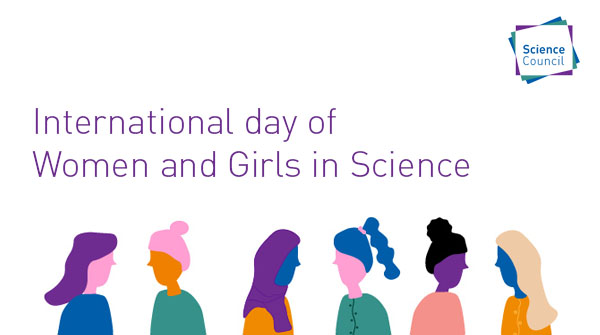
Women in STEM: Dr Stefania Pasare
Woman. Scientist. Mother

By Dr Stefania Pasare MRSB, Daphne Jackson Research Fellow, University of St Andrews
The impact of the Covid-19 pandemic on the whole world has been much documented. My voice is not skilled enough to detail on the effects on girls, women and mothers in science. I can only hope to share my personal experience as a Daphne Jackson Trust Research Fellow working in biology.
I am nearing the end of my part time Fellowship in Spring 2021, following two extensions granted 1- under the furlough scheme and 2- due to impact on my research, from my sponsor Medical Research Scotland. The Daphne Jackson Trust, an organisation which supports returners looking to return to research following a career break over two years for a family, caring or health reason, has been pivotal in securing both extensions.
I have two young children, primary school and nursery aged. I remember vividly in March waving a teary goodbye to my son’s friends and staff at nursery. Then, my daughter’s school closed. At the end of March 2020, I discarded all ongoing experiments. Everything was put on hold whilst the country entered lockdown and many mothers such as me became primary caregivers.
The next weeks and months were a limbo of trying to work from home doing data analysis, writing on a grant application, infrequent lab visits for essential work and all-encompassing childcare. I am fortunate to have a supporting spouse, but financial worries meant he was unable to share equal duties in the home.
After much struggling, I decided to request furlough support. Despite the breathing space this brought, I feared the consequential disconnect from the lab. Women and mothers in science often must work very hard to keep up with peers without childcare commitments. We simply don’t have the same time availability. This was seen in lockdown when some online seminars where not posted for later viewing by people with caring duties. Summer passed and the children could go back to school and nursery, to better qualified educators. This left mothers like me free to re-enter workplaces- but the pressure of an uncertain future was much felt.
Almost a year on from the first lockdown, and we are still under the dark shadow of COVID. Nursery and school closures in December brought the harsh reality of working from home and home-schooling back to many homes. I am anxious at the daily risks we encounter by going for a weekly shop but I am still more anxious about the retainment figures for women in science. With smaller publication records as documented last year and uncertainty in securing grants, women with caring duties are going to be the casualties of this pandemic for years to come.
Do funding bodies and universities, policy makers and media really believe the weaving out of women and mothers is preventable with the current policies in place? It would be facetious to say so. I signalled to my employer in early April that I struggle to work whilst having no separate working space from home. It never materialised for me, thought there was an informal discussion about providing people as myself with separate, safe working areas.
Being furloughed means loss of networking opportunities. This is so much more important if you are counting on fixed term contracts, as is my case and many other early career researchers. As the pandemic lasts, I am starting to think if a future for me in research is attainable anymore. I twist with guilt as the image which I am passionate about is one of inclusivity. I want my daughter to know she can choose science if she wants to, and be successful.
As women and mothers in science now are fighting for air, there are measures to put in place to help us. Firstly, provide flexible working patterns in safe offices/labs which we can access when we are available. Secondly, support costed extensions to projects in order to produce significant data for publication. Thirdly, offer extensions on grant application deadlines and tailored, individual support to make sure we pass internal organisational triage. Lastly, nominate mentors to supervise personal and professional development of early career researchers, away from direct line managers. As a larger picture, incentivise both men and women to take paid parental leave. This is a true step to equality, stopping discrimination against women in the view of them becoming less productive should they have children.
I am a researcher because I believe in the power of science to improve our futures. I love the independence of thought we derive from this work. I am convinced of the value of keeping research diverse. Women, girls and mothers need support to stay in science so let’s raise awareness!
